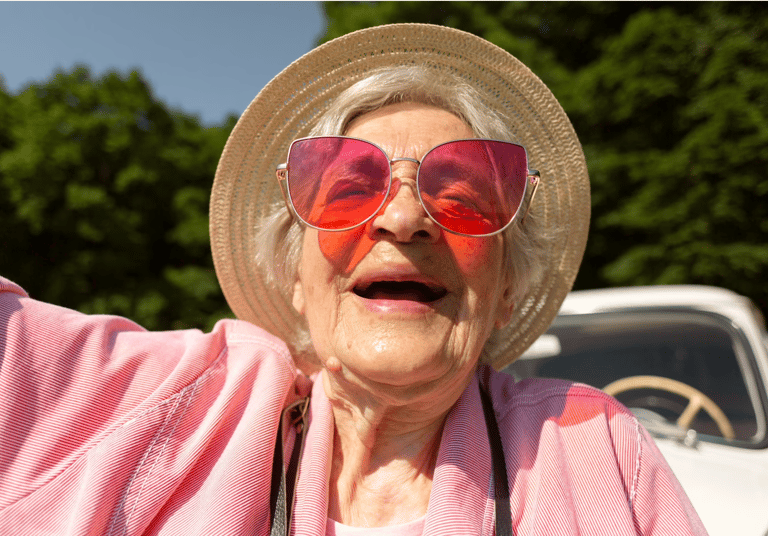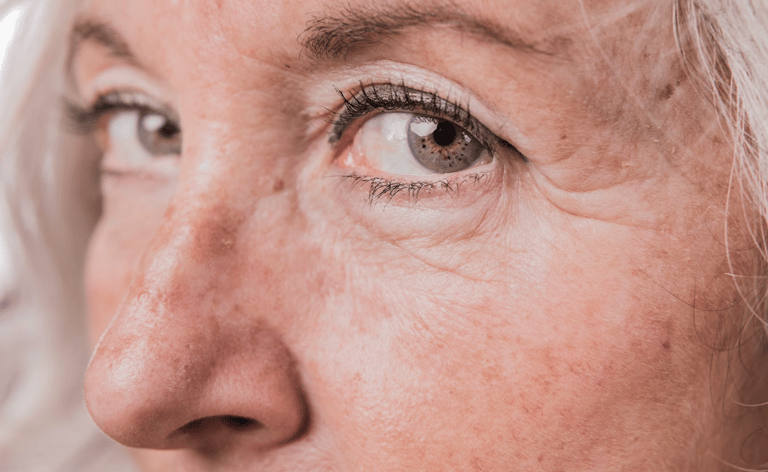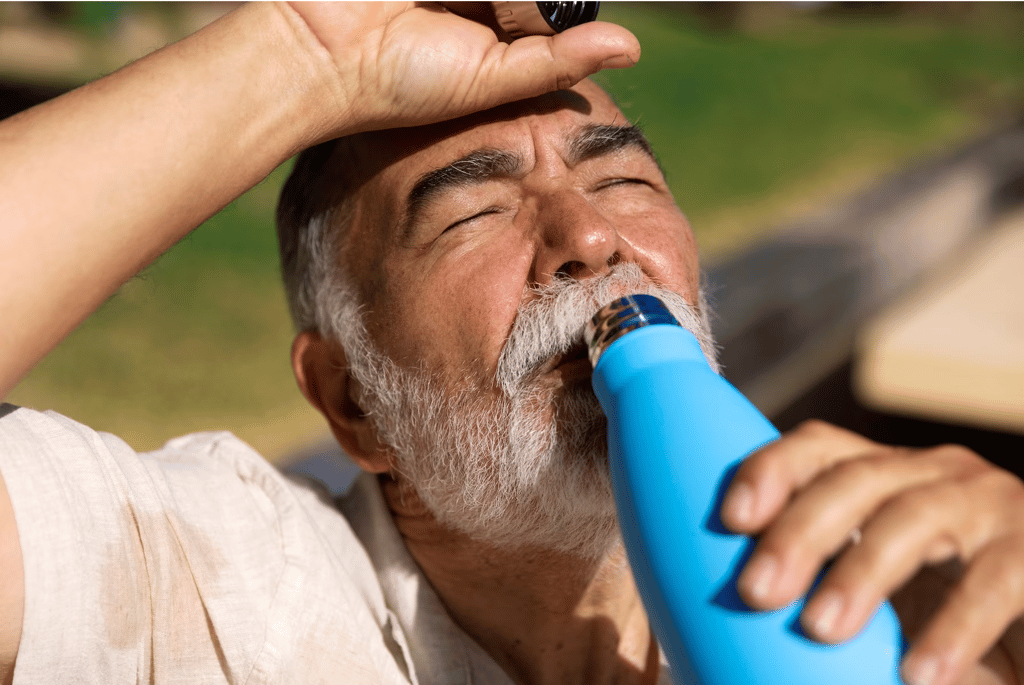Understanding the Risks: Protecting Seniors from Sun-Related Hazards
As we age, our skin undergoes natural changes that impact its ability to protect itself from the sun's harmful rays. This is why it is crucial for seniors to be mindful of sun exposure and take proactive measures to stay safe during the summer months. In this section, we will explore the specific risks that older adults face when it comes to sun-related hazards and highlight the importance of understanding these risks.
INFORMATIVE
Erlyn A. Pinkston
5/28/20233 min read
As we age, our bodies undergo various changes, and our skin is no exception. The natural aging process affects the skin's ability to protect itself from the harmful effects of the sun's ultraviolet (UV) rays. It's crucial for seniors and their caregivers to have a clear understanding of the risks associated with sun exposure to take proactive measures and ensure a safe summer experience.


Increased vulnerability to sunburn:
With age, the skin becomes thinner and loses some of its elasticity and natural protective oils. As a result, seniors are more prone to sunburn, even from short periods of sun exposure. Sunburn not only causes discomfort and pain but also increases the risk of developing skin conditions and potentially even skin cancer. By recognizing this vulnerability, seniors can take steps to prevent sunburn and protect their skin.


Higher Risk of Heat-Related Illnesses:
Seniors are more susceptible to heat-related illnesses, such as heat exhaustion and heatstroke. This vulnerability stems from the body's decreased ability to regulate temperature and adjust to heat stress. Prolonged exposure to high temperatures without adequate hydration and cooling measures can lead to severe consequences for older adults. Understanding this risk motivates seniors and their caregivers to prioritize precautions during hot summer days.


Impact on Existing Health Conditions:
The sun's heat and UV radiation can exacerbate certain health conditions that are common among seniors. For instance, individuals with cardiovascular conditions, respiratory problems, or certain medications may be more affected by extreme heat. By recognizing the impact of sun exposure on existing health conditions, seniors can take necessary precautions and adjust their activities accordingly.
Long-Term Effects on Skin Health:
Cumulative sun exposure over a lifetime contributes to skin aging, including the development of wrinkles, age spots, and loss of skin elasticity. The risk of developing skin cancers such as basal cell carcinoma, squamous cell carcinoma, and melanoma also increases with prolonged sun exposure. By understanding the long-term effects of sun exposure on skin health, seniors can adopt preventive measures to maintain healthier skin and minimize the risk of skin cancer.


Medication Sensitivities:
Certain medications commonly prescribed to seniors can make the skin more sensitive to sunlight. These include medications for cardiovascular conditions, diabetes, and mental health conditions. Known as photosensitivity, it can result in increased sunburn risk and other adverse reactions when exposed to the sun. Awareness of medication sensitivities empowers seniors and their caregivers to take extra precautions and consult healthcare professionals when necessary.
Increased susceptibility to dehydration:
Dehydration is a common concern among seniors, and it becomes even more critical during the summer months. Older adults may not feel thirsty as quickly or may have difficulty staying adequately hydrated. This can lead to complications such as dizziness, confusion, and even hospitalization. Seniors and their caregivers must recognize the importance of maintaining proper hydration levels and take proactive steps to prevent dehydration.
By understanding the risks of sun exposure, seniors and their caregivers can take proactive steps to ensure a safe summer experience. This includes implementing sun protection measures, such as wearing sunscreen, seeking shade, and staying hydrated. Furthermore, regular communication with healthcare professionals can assist seniors in managing any existing health conditions that may be aggravated by sun exposure.
In conclusion, aging affects the skin's ability to protect itself from sun-related hazards, making seniors more vulnerable to sunburn, heatstroke, and other heat-related illnesses. By understanding these risks, seniors and their caregivers can take the necessary precautions to enjoy the summer safely. Empowering seniors with knowledge about sun protection and promoting proactive sun safety measures can help ensure a joyful and worry-free summer season for older adults.




Our Links
Mailing Address
P.O. Box 115 Garden Grove
CA 92842-115
